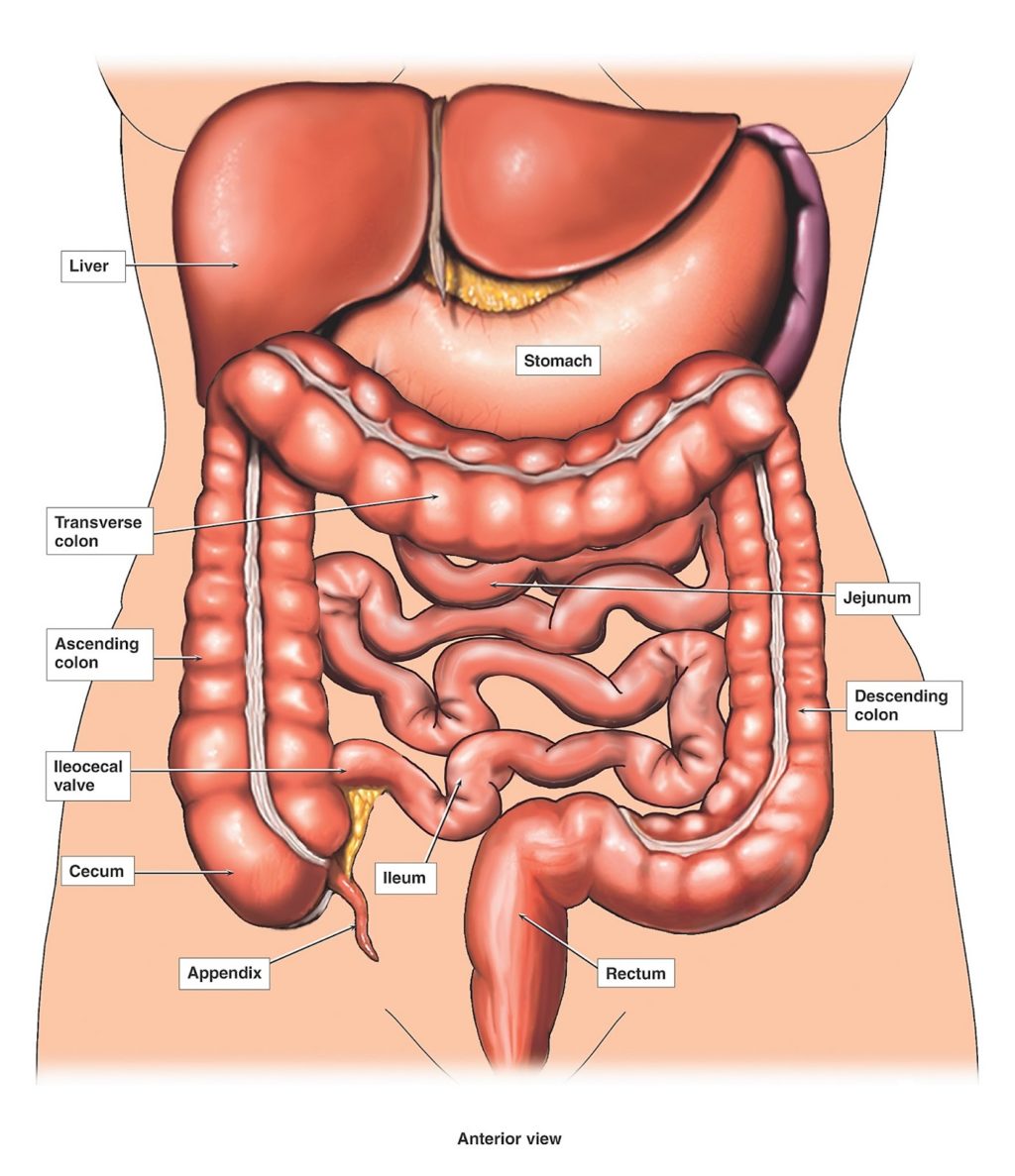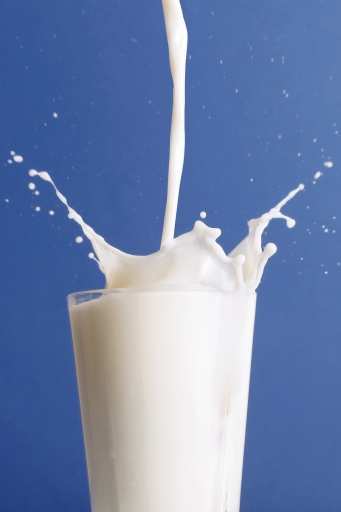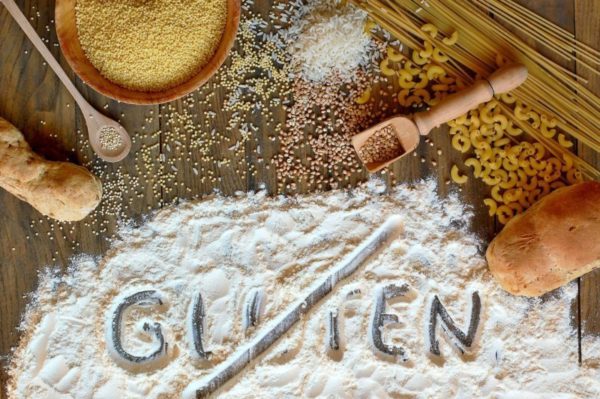Emitting gases 20 times a day is quite normal. But if you produce more flatulence, there could be a problem, such as gluten intolerance. You could also always order an accompaniment of broccoli or you consume a lot of beans, all kinds of cabbages, or a lot of fiber. The fibers are excellent for health, because they facilitate intestinal transit, regulate blood sugar and cholesterol, and keep your weight under control. Their side effect is somewhat embarrassing and inevitable, the “pets” that come after meals. In fact, our stomach and small intestine can not absorb all the carbohydrates – sugars, starches, and fiber – from our food.
Broccoli and beans, which give a lot of flatulence, contain raffinose, a carbohydrate substance. “When non-digestible sugars like raffinose reach the colon, bacteria that inhabit part of our digestive system feed on it by releasing gas”
1. You eat too fast
It does not matter if you are absorbing air by eating broccoli or a bowl of blueberries – it is the inhalation of air that is the problem. You swallow every time you eat or drink, and the faster you eat, the more you swallow. The rots allow air to be expelled from your stomach, but the air that is not evacuated continues to flow along the digestive tract and emerges at the other end. You can also swallow air if you chew gum, suck candy or drink with a straw.

2. Your intestinal flora is unbalanced
Think of your digestive system as a long muscle tube: food enters from the top and the muscle contracts to make it go down. “Normally, strong contractions of the small intestine chase food out of the colon”. But sometimes, medications, an infection, diseases like diabetes or neuromuscular disorders, or even surgical complications can interfere with transit. The bacteria then invade the small intestine and multiply, producing even more gas.

3. You suffer from irritable bowel syndrome (IBS)
Irritable bowel syndrome (IBS) is a chronic disease of the large intestine. Muscle contractions, which allow food to pass from the stomach to the rectum, are stronger, or last longer, causing gas, bloating, and diarrhea or contractions are weaker than normal, and they slow down the transit by causing constipation. The nerves in the intestine can also become very sensitive to stretching and distension caused by gases. You will experience pain or discomfort. Often the relief will come from changes in diet and lifestyle: “Exercise, for example, is essential for people who suffer from (IBS), as it helps to expel the gases,”. Adopting a diet that limits gas production is also a good thing.

4. Milk does not suit you
It is also the case with yogurt, cheese, and all other dairy products. The culprit is lactase, an enzyme produced in the small intestine. Its role is to decompose lactose – a sugar found in milk – into simpler forms that the body can absorb. In the presence of low levels of lactase, lactose enters the colon without being digested. It then undergoes the onslaught of bacteria and triggers problems of flatulence. Very common according to, lactose intolerance usually begins in adulthood when lactase production falls abruptly.

5. You are sensitive to gluten
No one can digest this protein found in wheat. But if you have celiac disease, gluten triggers an immune response in the small intestine. This reaction can cause degradation of the intestinal mucosa, thus affecting its ability to absorb nutrients. It is accompanied by gas, diarrhea, and even weight loss. “The small intestine of people who do not have celiac disease does not undergo these same changes, but these people may have flatulence and bloat in reaction to gluten that they are not able to break down”. Researchers estimate that only 20% of people with celiac disease are diagnosed with it. If you suspect gluten sensitivity or celiac disease, talk to your doctor.


